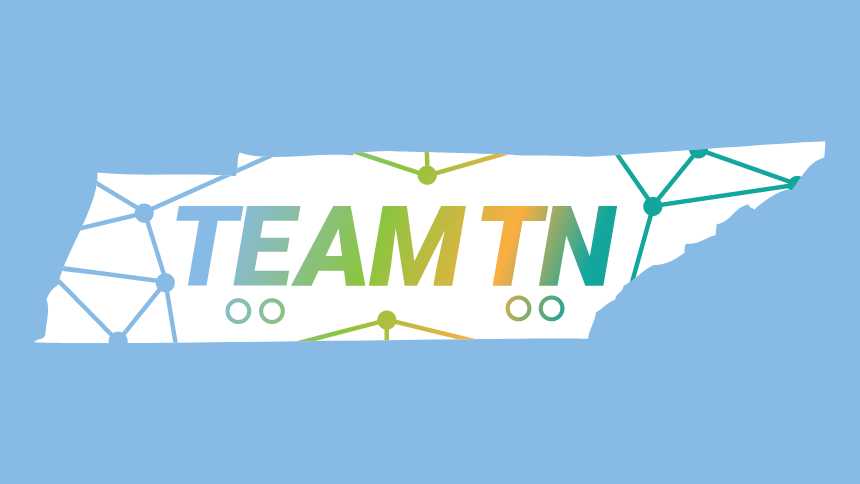Article from:

TEAM TN gets go ahead to submit full proposal for an “NSF Regional Innovation Engines” award
The UT, Knoxville-led team was one of 71 across the country invited to submit full proposals.
A team led by the University of Tennessee, Knoxville (UTK) is one of 71 projects spanning nearly every state and territory in the nation that are advancing to the next stage of the second-ever U.S. National Science Foundation (NSF) “Regional Innovation Engines” (NSF Engines) program.
TEAM TN, officially known as Technology-Enhanced Advanced Mobility in Tennessee, was one of the inaugural 44 recipients of $1 million each in the “NSF Regional Innovation Engines Development Awards” program that was announced in May 2023 (see teknovation.biz article here). It was the only awardee in Tennessee and will not get to compete for a full “NSF Engines” award that could amount to as much as $160 million. TEAM TN has more than 250 collaborating partners.
Those moving forward were announced Thursday afternoon by Erwin Gianchandani, NSF Assistant Director for Technology, Innovation, and Partnerships.
“The breadth and depth of preliminary proposals submitted to the NSF Engines funding opportunity demonstrates both the very real need for and the potential of harnessing the full geography of innovation across our nation,” he said. “The teams invited to submit a full proposal have shown through their preliminary proposal submissions how they will knit together innovative ideas, talent, and resources in their respective regions to accelerate the development of key technologies. Collectively, they are well positioned to directly contribute to strengthening our nation’s competitiveness and security for the mid-21st century.”
Of the teams invited to submit full proposals to the NSF Engines program, 23 — or nearly one-third — are led by organizations located in NSF Established Program to Stimulate Competitive Research (EPSCoR) jurisdictions; 13 are led by organizations new to NSF funding; 23 are led by nonacademic organizations; and nine are led by a minority-serving institution. In addition, nearly half of the teams advancing received an NSF Engines Development Award — effectively a planning grant — in May 2023.
Other teams invited to submit full proposals included:
- Alabama – Two teams led by the University of Alabama in Tuscaloosa (electric vehicles) and the HudsonAlpha Institute for Biotechnology in Huntsville (greening the Southeast) respectively.
- Florida – Three teams led by Florida A&M University in Tallahassee (advanced communications), Florida International University in Miami (disaster prevention and mitigation), and Florida State University in Tallahassee (robotics and advanced manufacturing) respectively.
- Georgia – Three teams led by Georgia Tech Research Corporation in Atlanta (advanced energy and industrial efficiency technologies), the University of Georgia Research Foundation in Athens (biotechnology), and the Lower Muskogee Tribe in Whigham (advanced energy and industrial efficiency technologies).
- Kentucky – Three led by the Kentucky Science and Technology Corporation (additive manufacturing), the University of Kentucky Research Foundation (circular economy), and the University of Louisville Research Foundation (Regional Energy Business, Education and Commercialization Convergence Accelerator).
- North Carolina – One led by the University of North Carolina at Charlotte (CLEANcarolinas).
- South Carolina – Two led by Clemson University (robotics and advanced manufacturing) and South Carolina Quantum Association in Columbia (quantum information science and technology).
Like what you’ve read?